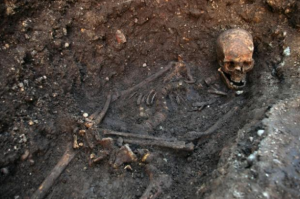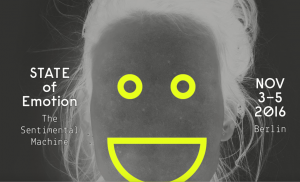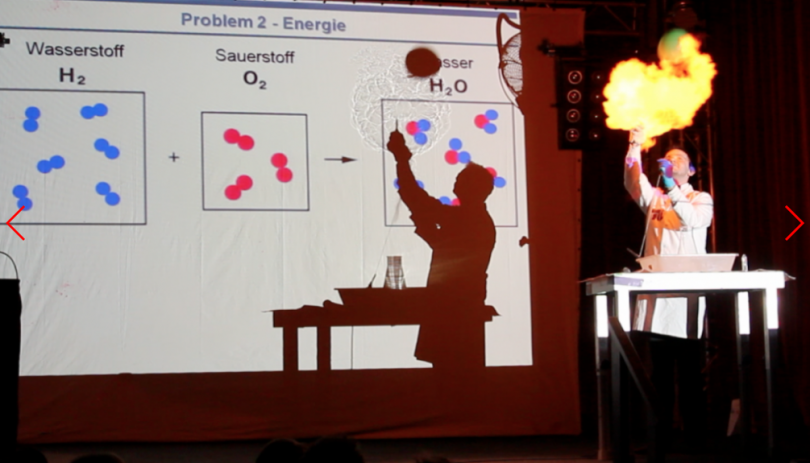aNewDomain — Berlin Science Week 2016 kicks off in Germany next week. We’ll be following the show for you as it runs from Nov. 1 through Nov. 10. It’s an awesome event featuring 32 international science events over 10 days, including the STATE Festival (Nov 3-5) and the Falling Walls conference. Head here to find the full program, and check out some of the highlights we think are especially worth following below.
For general advice on what to do in Berlin sightseeing-wise, click here.
Nov. 1, 2016
Queen’s Speech: Richard III
Definitely register so you can attend the Queen’s speech this year. Turi King from the University of Leicester will be talking about the university’s Grey Friar project, from its early planning stage to its successful discovery and identification of King Richard III, the last English king to die in battle.
King led the international research team that discovered and affirmed the skeleton, discovered under a Leicester car park, was in fact Richard III. The lecture will take place at the Technical University of Berlin …
 ‘s Hospital Clinic CART leukemia therapy. This one requires registration, too.
‘s Hospital Clinic CART leukemia therapy. This one requires registration, too.Nov. 5, 2016
Nov. 5, 2016
AI Learning to Think
Also at the State Festival on Nov. 5, neuromorphics researcher Max Versace will be talking about his work in the design and development of neurmorphic software, which lets smart machines learn more autonymously. He’ll be joined by AI researcher Toby Walsh, who will discuss how game theory and social choice can interact with artificially intelligent systems.
Nov. 7, 2016
11th Berlin Debate on Science and Science Policy
Make Science, Not War!
This is a closed-door forum featuring various representatives from business, science and politics, with the goal of delivering practical policy concepts for governments and institutions around the world.
Last year, Dame Wendy gave the Queen’s lecture. She is one of the first computer scientists to research the consequences of the web, with a special focus on women, STEM and robotics.
Here is the preliminary conference schedule for the Falling Walls conference, readable in place below.
Fallingwalls Preliminary Programme by Gina Smith on Scribd













